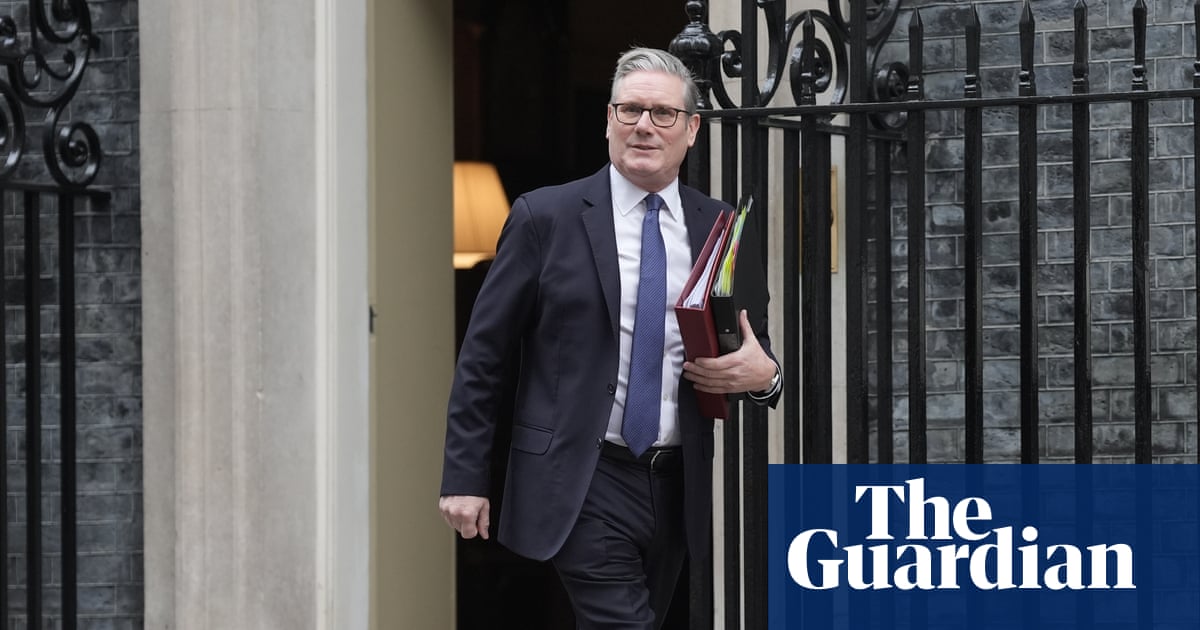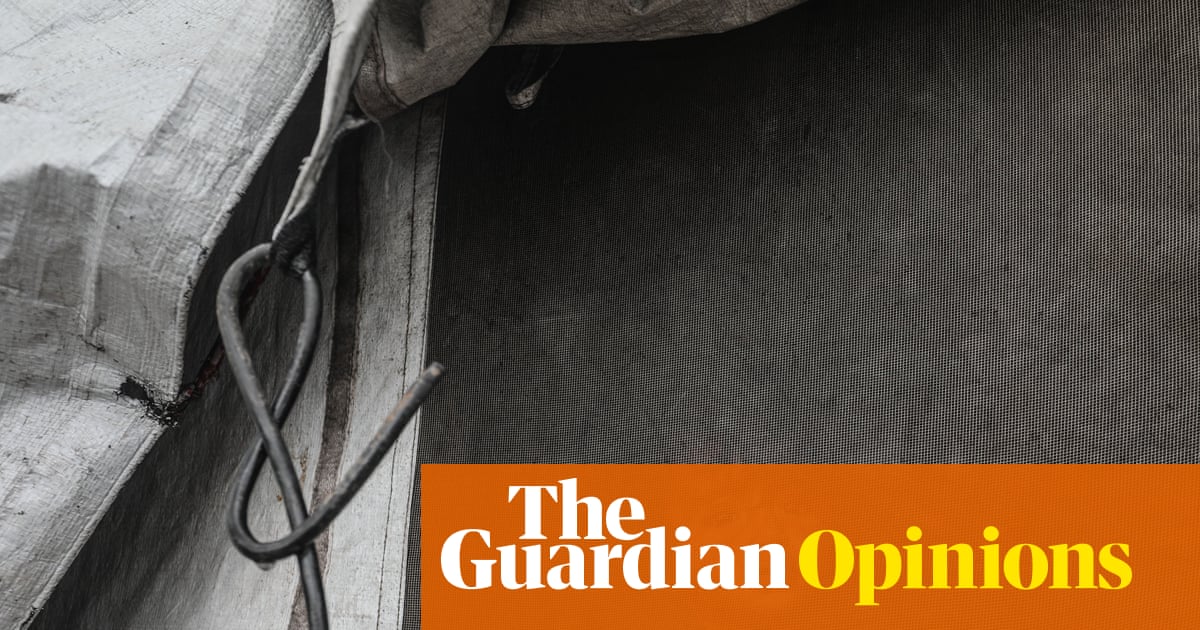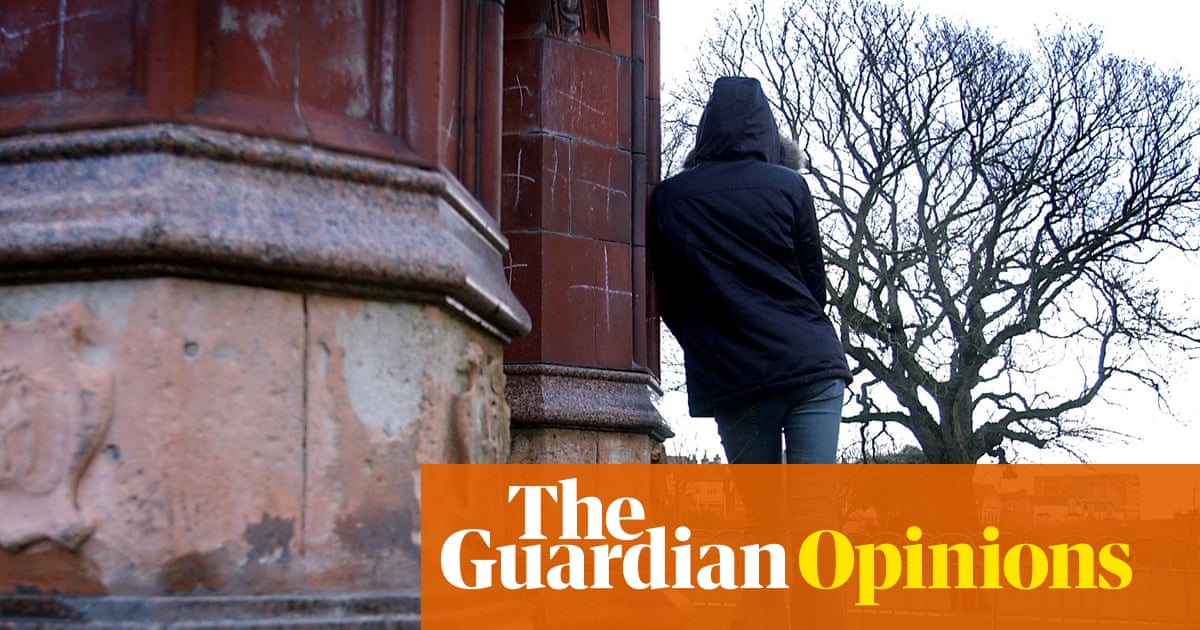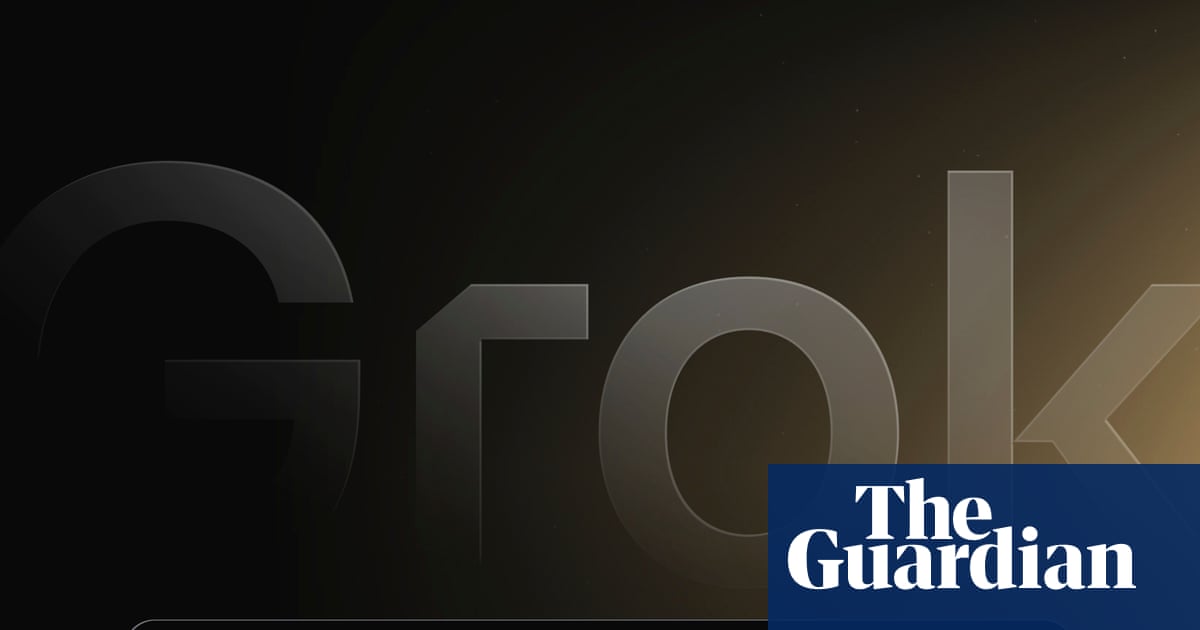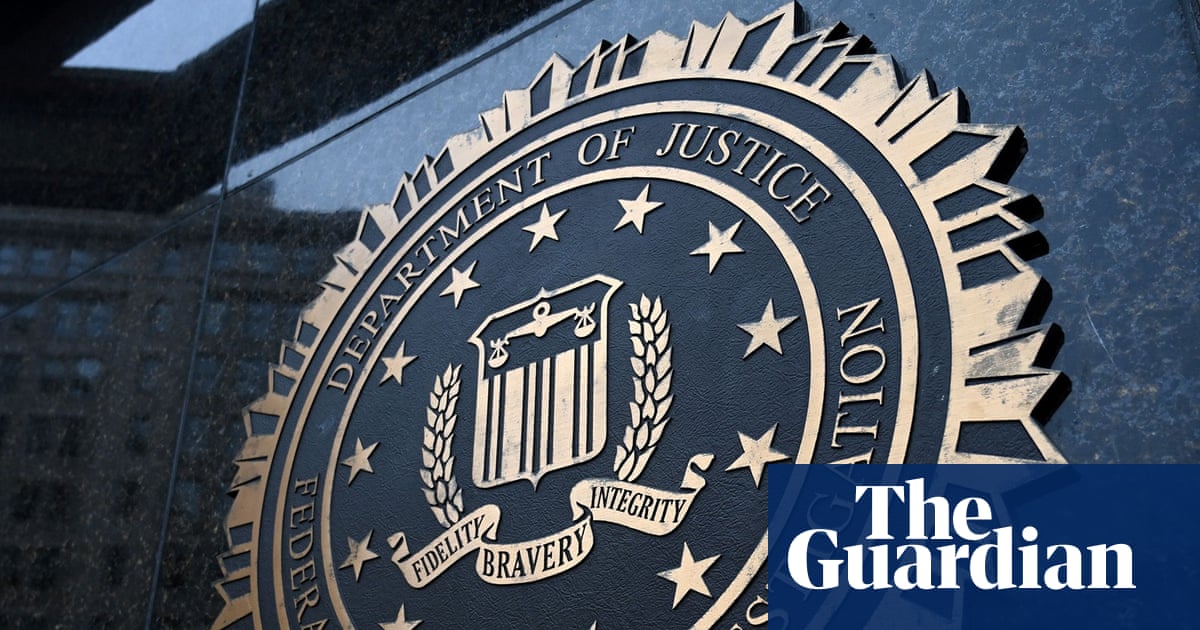The march towards the darkness is becoming a sprint. In the US, warnings about the autocratic ambitions of Donald Trump that were once dismissed as hyperbole and hysteria now seem, if anything, too mild. Faster than most imagined, he has moved to weaken institutional checks on his power – whether the courts, the universities, the civil service or the press – and now has set to work gagging his critics, even, it seems, to outlaw large swathes of the opposition.
This week saw the suspension by a major broadcasting network, Disney-owned ABC, of a late-night talkshow, Jimmy Kimmel Live!, following remarks Kimmel had made about the killing of the rightwing activist Charlie Kirk. Kimmel did not criticise Kirk himself – an act now considered all but blasphemous in the US – but rather Republicans’ reaction to his murder, especially their eagerness to “score political points from it”.
That was enough to prompt Brendan Carr, the Trump-appointed chair of the Federal Communications Commission – the body that grants, or revokes, licences to broadcast – to come on like a wannabe Tony Soprano, all but cracking his knuckles as he said: “We can do this the easy way or the hard way.” The threat worked: Kimmel is off the air.
Of course, this is no one-off. Trump is also trying to cow the US’s biggest newspaper, filing a $15bn lawsuit against the New York Times, accusing it of “spreading false and defamatory content”. The NYT has the resources to resist, but smaller US papers will have got the message. They could hardly be blamed if they now pull their journalistic punches, if only because they do not have the money to pay for a protracted legal battle against a billionaire president.
But the Trump administration is not confining its assault to the media. The Kirk killing has handed it an opportunity to crack down on dissent itself. Witness the promise Trump aide Stephen Miller made this week – on the Charlie Kirk podcast – to take on those left-of-centre organisations whose “messaging” is “designed to trigger and incite violence”. It is hardly a stretch to assume that Miller will define that category very broadly, so that it sweeps up most of those who express opposition to Trump. If that seems alarmist, recall that, even before Kirk was killed, Miller was calling the Democratic party a “domestic extremist organisation”.
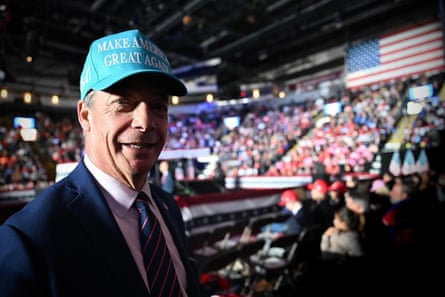
In the UK, we like to think we can watch all this with, if not smug distance, then a measure of relief. It’s true that we are a long way from the precipice to which Trump has taken the US. But last week between 110,000 and 150,000 Britons took to the streets of London, heeding the summons of the rightwing agitator and serial convict who goes by the name of Tommy Robinson.
It’s worth stressing that this was not a Reform or Conservative rally that was hijacked by Robinson. This was his event. Britons know who Robinson is and what he represents – and yet up to 150,000 of them marched behind him. They were undeterred by those who had labelled it a far-right protest and, indeed, by the racist rhetoric that came from the platform. Britain has an admirable history of confining the far right to the margins, ensuring that it had not, until now, demonstrated this kind of strength in numbers. So last Saturday should be understood as a watershed.
Not least because of one speech in particular. Elon Musk, via video link, told the crowd “violence is coming to you. You either fight back or you die.” He added that the Labour government, democratically elected a year ago, needed to be brought down. This was one of the most powerful men in the world issuing a call that may not have broken the law but which seemed to give approval in advance for rightwing political violence in Britain.
And yet the British prime minister did not rush to condemn this incendiary intrusion into our politics. Indeed, Downing Street said nothing at all until prompted by reporters’ questions, and MPs’ demands, the following day. We often fault those guilty of overreaction. But, at a moment like this, underreaction is the greater sin.
The polls are telling a very stark story. Absent a dramatic shift, a party of nationalist populism is on course to beat both Labour and the Conservatives at the next election, and very probably form the next government. Nigel Farage may be no fan of Tommy Robinson, but he is Trump’s loudest UK cheerleader; he does not condemn the current US gallop towards authoritarianism but rather stands alongside those responsible for it. If we want to prevent Farage doing to Britain what Trump is doing to the US, we need to halt the advance of Reform.
The first move in that effort is to puncture Farage’s core claim: that he somehow speaks for the British people, that his views reflect the “commonsense” views of the silent majority. It’s not true. On issue after issue, including those that define him, Farage is an outlier, articulating the positions of a noisy but often small minority.
He was the chief advocate of Brexit, a decision so calamitous that only 31% now say it was the right move. Indeed, a healthy majority, 56%, favour its reversal and want to rejoin the EU. Farage is on the wrong side of that number.
after newsletter promotion
He has long banged the drum for leaving the European convention on human rights. If you read the rightwing papers, you would assume that is now a majority view. Wrong. Support for staying in the ECHR is close to 60% and has actually increased as the subject has been debated. Farage is out of step with the British people.
But surely on the issue he has made his own, immigration, he is in tune with the public? After all, Labour seems to have built its entire political strategy on that assumption. And yet, the numbers tell a different story. While 81% of Reform voters believe migrants have undermined Britain’s culture, only 31% of Britons in general believe that. Ask about the effect of migrants on the economy and you get a similar picture. It’s Reform that is badly out of touch.
You can keep doing this – and Labour must, pointing out that Farage speaks for the fringes not the centre. Britons don’t support handing Afghan refugees back to the Taliban, as Farage advocates. They do not agree that Britain has become North Korea – and they don’t regard as a patriot someone who sits in Washington and tells a committee of American politicians that we have. They don’t reply to the question, “Which world leader do you most admire?”, with the words “Vladimir Putin”, as Farage did. And nor do they think that the Liz Truss measures that sent the UK economy spiralling represented “the best Conservative budget since 1986”, to quote Nigel Farage.
Reform’s opponents need to expose every one of these gaps between Farage and the electorate, recasting Farage as a figure of the fringes. But this can’t be a task for Labour or the Liberal Democrats alone. Any party that claims to value democracy, including what remains of the Conservatives, and that sees how swiftly nationalist populism leads to authoritarianism, needs to engage in the same effort and fast. We all do. As Americans are learning to their cost, you cannot delay – otherwise the freedoms you thought would last for ever can vanish, in the blink of an eye.
-
Jonathan Freedland is a Guardian columnist. His new nonfiction book, The Traitors Circle: The Rebels Against the Nazis and the Spy Who Betrayed Them (£25), is available from the Guardian Bookshop at £22

 3 months ago
123
3 months ago
123












